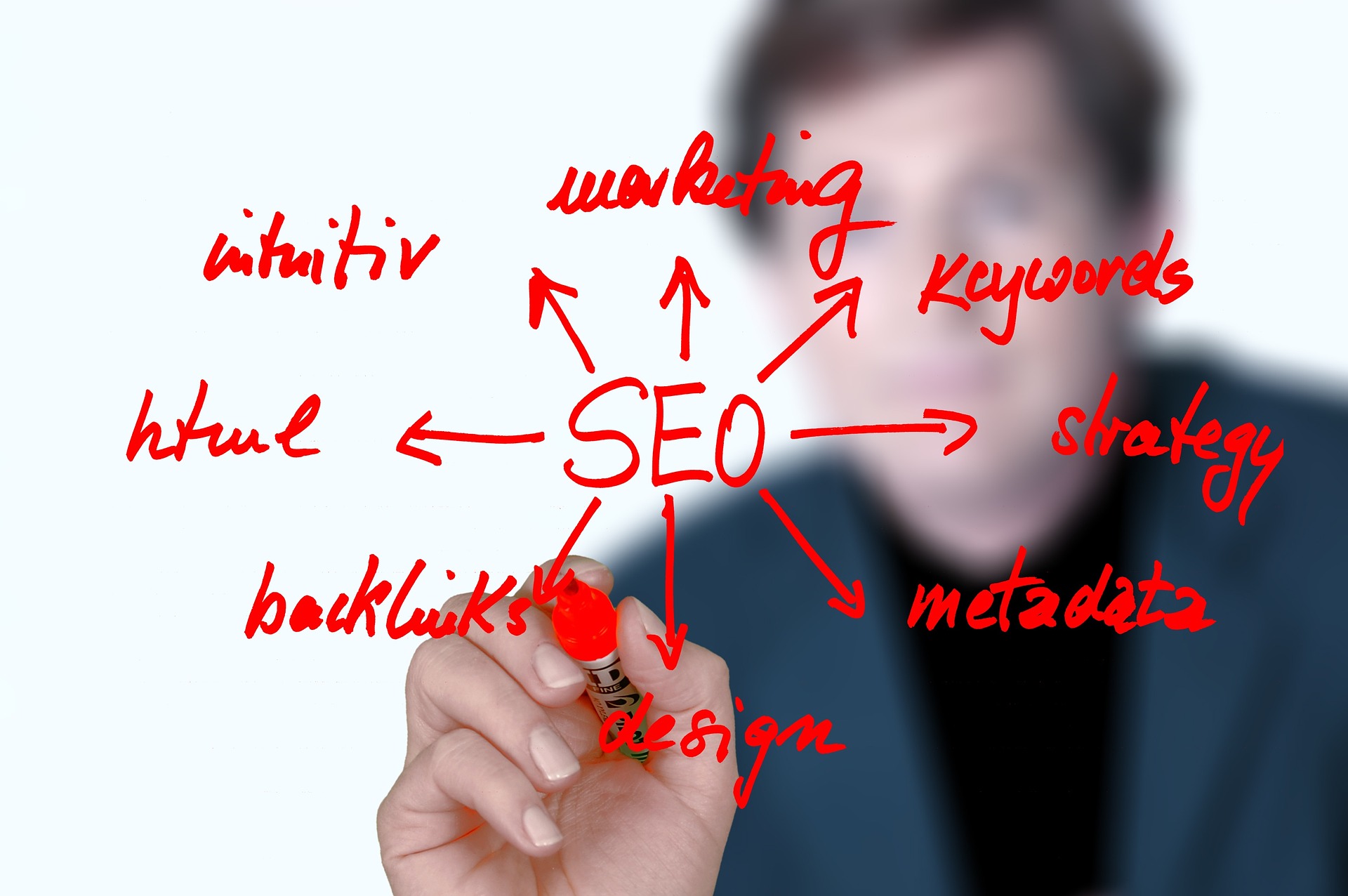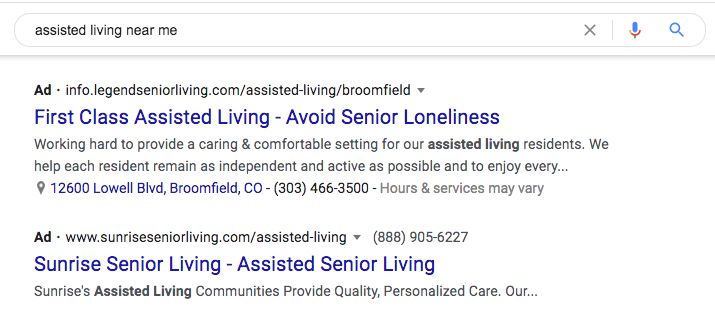by Evan Franklin
Share

It’s important to keep in mind that as the digital marketing landscape changes and evolves, so do these marketing tactics. What may have been true even five years ago might not be true today. Take keywords, for example. Keywords used to be the focal point of successful SEO, and while they are still quite valuable, the practice of SEO itself has become increasingly complex and competitive. In 2021, keywords are only a piece in the vast puzzle of search engine-based marketing.
In this week’s article, we’ll break down the difference between SEO and SEM and how to get the most out of both.
To understand the nature of these two tactics, you must understand the two primary types of search engine results. According to the SEO experts at Ahrefs, “Paid results show up when companies pay Google for clicks. Organic results are the ones that Google deems most relevant for the query.” From there, you can extrapolate two primary metrics for your website, paid traffic (users who clicked an ad) and organic traffic (users who found the site through Google’s natural, or organic, results). Pay-per-click is another term at play here, more on that later.
Search Engine Optimization
As stated, the goal of search engine optimization is to increase organic web traffic by taking measures to improve your website’s ranking and appear as early as possible on search engine results pages (SERPs). Websites are optimized for search engines through changes that make them more valuable to and easily understood by search algorithms. Here are a few examples:
- Metadata: This is often referred to as “data about data” and is essentially data that only the search algorithm can see. This helps to give it an idea of what the page is about without going through the whole thing. It’s important to give each page of your site a meta description to help search engines identify content more quickly.
- Rich copy: Search engines want to provide the highest possible value to searchers, so if someone in your area is searching for, say, “memory care near me,” you’ll want your memory care page to be rich with valuable information that will prompt the algorithm to say “hey, this is just what that person was looking for.” A good rule of thumb is 300 words per page; if the content is too thin, the search engine won’t see it as very valuable.
Search Engine Marketing
Here’s where things can get a little confusing. Technically, SEO is part of SEM because you are using it to market your website to prospects by becoming more visible on search engines. However, also included under the umbrella of SEM is pay-per-click (PPC), which drives the aforementioned paid traffic. Instead of “earning” clicks by making your website more appealing to the search engine’s natural process, PPC allows you to “buy” clicks from platforms like Google through search engine ads. Since Google wants to make money by boosting clicks through to your website, it will be motivated to prominently display your ad and drive traffic. Here are a few examples of paid ads:

As mentioned, if you were to click either one of these ads, that organization would pay Google for the traffic.
By utilizing both SEO and PPC in your SEM strategy (a string of acronyms we hope makes more sense after reading this article), you can significantly increase website visitors through both organic and paid traffic. It’s advisable to use both tactics for many reasons, among them the fact that someone researching senior living communities may see your paid ad one day and your organic listing the next, multiplying the number of touchpoints you have with them before they’ve even visited your site.
If you’d like to learn more or get a free, no-obligation assessment of your current marketing strategy and how to optimize it to drive occupancies today, email our CEO now at wendy@bigbuzzinc.com to get scheduled.
Big Buzz is an agency delivering focused marketing efforts for senior living executives and teams nationwide. CEO Wendy O’Donovan Phillips is the author of Flourish!: The Method Used by Aging Services Organizations for the Ultimate Marketing Results, has been published in McKnight’s Senior Living and Forbes, and has been quoted in The Washington Post, ABC News and Chicago Tribune. She regularly lectures for healthcare organizations and associations in front of audiences ranging from 25 to 5,000 attendees. Agency awards and accolades include recognition for excellence by the American Marketing Association, Best Advertising Agency and Best Web Developer in Denver by Expertise, and Top Advertising and Marketing Agency by Clutch. www.bigbuzzinc.com[/vc_column_text][/vc_column][/vc_row][vc_row][vc_column][/vc_column][/vc_row][vc_row][vc_column][/vc_column][/vc_row]
